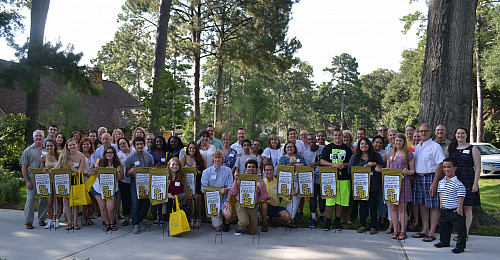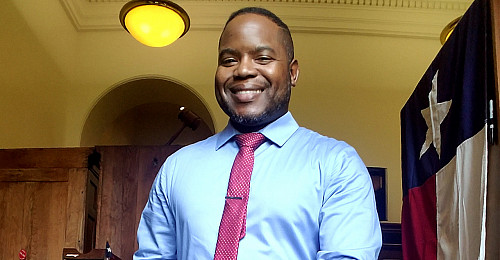The Sexual Harassment Policy is a component of the University Sexual Misconduct Policy .
“It is the policy of Southwestern University … to maintain both an academic and a working environment free from all forms of sexual harassment of any employee or applicant for employment, student, donor, or former student volunteer or any other constituent of the University.”
- Full Text of policy for Adobe Reader
THE SEXUAL HARASSMENT OFFICER
Julie Cowley
x1720
cowleyj@southwestern.edu
Associate Vice President for Academic Affairs
WHAT IS THE SEXUAL HARASSMENT OFFICER (SHO)
A Sexual Harassment Officer, appointed by the President of the University, is available to assist the University community in dealing with all complaints of sexual harassment, sexual misconduct, and retaliation (even if the sexual misconduct is not processed through the Sexual Harassment Policy). The Sexual Harassment Officer works in close coordination with the University’s Title IX Coordinator, Deputy Title IX Coordinator, and other appropriate University officials.
When a University member suspects sexual harassment, sexual misconduct, or retaliation which involves a University employee, they should immediately take action by contacting the Sexual Harassment Officer to discuss the situation and determine a course of action.
The duties and responsibilities of the Sexual Harassment Officer include, but are not limited to:
- Receiving notification from University officials and/or members of the University community of all allegations of sexual misconduct including, but not limited to, “sexual harassment” or “retaliation;”
- Serving as a member of the University’s Title IX Compliance Committee (an administrative working group) and also as an ex-officio member of the University’s Sexual Assault Risk Reduction Committee;
- Reporting, through the Title IX Compliance Committee, to the University community allegations of sexual harassment, sexual misconduct, and retaliation, and the subsequent resolution of those reported incidents not otherwise reported by the University;
- Reporting the initiation of any formal complaint to the appropriate member of the University’s President’s Staff and to the Associate Vice President for Human Resources (AVPHR);
- Initiating the informal and/or formal complaint processes as appropriate; being involved in resolutions of the incidents as appropriate.




























